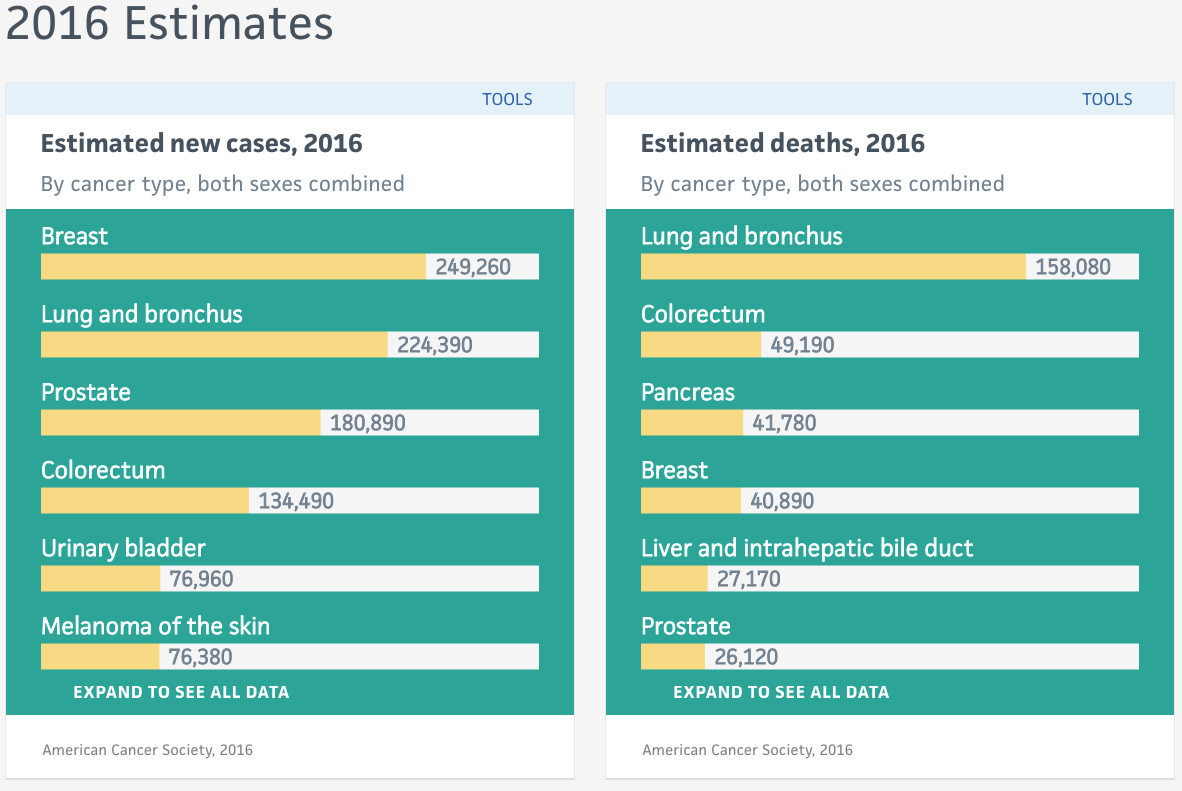Cancer is a genetic disease—that is, cancer is caused by certain changes to genes that control the way our cells function, especially how they grow and divide. These changes include mutations in the DNA that makes up our genes.
Genetic changes that increase cancer risk can be inherited from our parents if the changes are present in germ cells, which are the reproductive cells of the body (eggs and sperm). Such changes, called germline changes, are found in every cell of the offspring.
Cancer-causing genetic changes can also be acquired during one’s lifetime, as the result of errors that occur as cells divide during a person’s lifetime or exposure to substances, such as certain chemicals in tobacco smoke, and radiation, such as ultraviolet rays from the sun, that damage DNA.
Genetic changes that occur after conception are called somatic (or acquired) changes. They can arise at any time during a person’s life. The number of cells in the body that carry such changes depends on when the changes occur during a person’s lifetime.
In general, cancer cells have more genetic changes than normal cells. But each person’s cancer has a unique combination of genetic alterations. Some of these changes may be the result of cancer, rather than the cause. As the cancer continues to grow, additional changes will occur. Even within the same tumor, cancer cells may have different genetic changes.
Read the full story at National Cancer Institute: READ MORE




